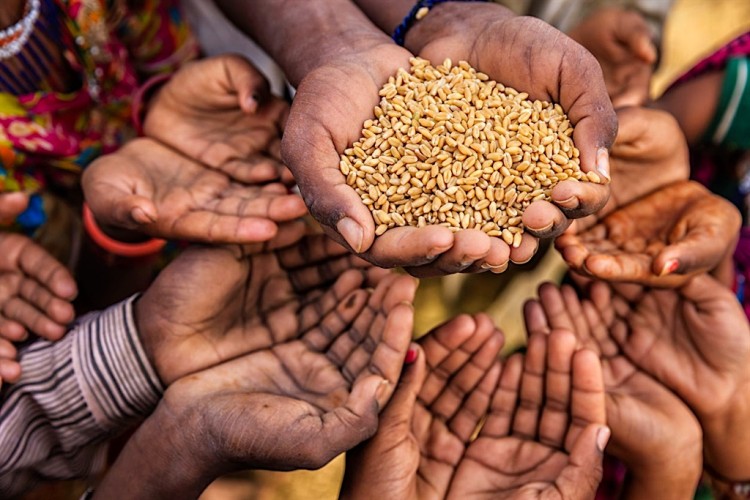By Nigeria Today
Insecurity and looming food crisis from diverse sources point to a debilitating food insecurity crisis in Nigeria that may push the country further into fragility.
The African Development Bank declared that hunger had become “a way of life” in the country and other African countries. The federal and state governments must therefore take strong measures to alleviate hunger.
The report said the food crisis will affect Nigerians in 21 states and FCT including, 416,000 Internally Displaced Persons (IDPs). It noted that about 14.4 million people including 385,000 IDPs in 21 states and FCT of Nigeria are already in the food crisis.
Thousands of Nigerians have been killed in the decades-long clashes between agrarian communities and nomadic cattle herders who are fighting over limited access to water and grazing land. The farmers often accuse the herders of encroaching in their fields while the herders, mostly from the Fulani ethnic group, claim the croplands are their traditional grazing routes.
Despite the violence, Nigerian farmers have been able to produce enough crops to keep the country self-sufficient in staples such as rice, cassava and yams.
The Governor of Benue State, Samuel Ortom, said the farmers are doing their utmost best to feed the nation. Farmers are resilient but also afraid because some who have attempted to go back to their farms have been killed, warned “If there is security for these farmers, we’ll continue to retain our position as the food basket of the nation,” he said. “But if nothing is done, as it is now, it is a big challenge.”
Nigeria Today View
State governments should redress the insecurity that scares away farmers, the poor state of infrastructure in the rural areas where a large percentage of the farming population resides is a major disincentive to the country’s efforts at ensuring food security.
Without immediate food assistance, these people will face a catastrophe. The most powerful tool that the government can deploy to save lives is emergency food assistance.













































